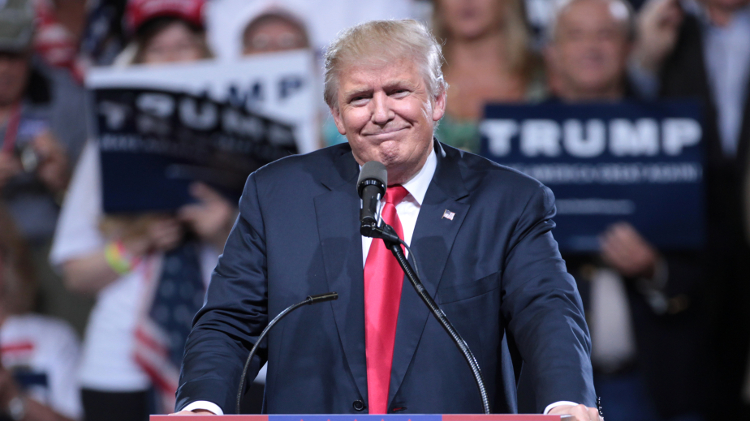The internal political tumult of the United Kingdom’s vote to leave the European Union is beginning to settle. But uncertainty about the vote’s long-term impact on the market and Britain’s environmental laws and regulations looms.
One of the big unknowns is what kind of separation agreement will emerge between the U.K. and EU, how long it will take to reach it, and what industry laws and regulations will change after it is signed.
“Some international treaties relating to the environment, such as the Basel Convention on the Control of Transboundary Movements of Hazardous Wastes are implemented in U.K. law via European regulations,” said Penny Cygan-Jones, a senior oil and gas solicitor at global law firm Norton Rose Fulbright. That means that outside the EU this law will no longer be a part of U.K. domestic law, she said.
However, “existing U.K. legislation which is derived from EU law would be likely to remain in place upon Brexit and any changes would be introduced gradually and over time,” Cygan-Jones added.
It is likely to take at least two years of negotiation to pick apart the legal strands, but right now there are two primary paths for a separation agreement. The first would see the U.K. become part of the European Economic Area (EEA) and retain access to the single market and its laws and regulations. The second would see the U.K. join the European Free Trade Association (EFTA) a free trade area including Iceland, Liechtenstein, Norway, and Switzerland, that also has access to the EU’s single market. Unlike the EEA, the EFTA does not make legislation for its member nations or press for political integration.
In both options the U.K. would keep some EU environmental laws and regulations and become unbound by others. Specifically, said Cygan-Jones, “the U.K. would no longer need to follow the Common Agricultural Policy or the Common Fisheries Policy, and European directives relating to habitats, birds and bathing water.” Controversially, though, both options would require the U.K. to allow some degree of free movement of EU workers to the U.K., which pro-Brexit voters generally oppose.
Amidst this, Britain’s government is taking pains to avoid recession. After the June 23 vote, Chancellor of the Exchequer (finance minister) George Osborne announced plans to cut the U.K.’s corporate tax rate to 15 per cent, down from 20, by 2020 making it one of the lowest of any major economy.
The London Metal Exchange (LME), the global centre of industrial metal trading, has so far emerged from this Brexit confusion relatively unscathed. “Despite the expected volatility following the outcome of the referendum, there was no major impact on our market,” said the exchange’s chief executive Garry Jones in a note to members on June 29. LME trading is completed in U.S. dollars and therefore protected from the steep fall of the British pound.
Yet “post-Brexit USD strength will weigh broadly on commodity prices,” argued Scotiabank Commodity Economist Rory Johnston in the bank’s latest Global Outlook. “Our global growth outlook has been downgraded slightly in the wake of the Brexit vote, weighed down by uncertainty and weaker investment across Europe,” he wrote. As a result Johnston predicts prices for oil and many base metals will be “slightly lower in 2017.”
The uncertainty falling over Europe’s economies has boosted the price of gold, which thrives in times of crisis, and “is likely to continue to support demand for safe-haven asset classes,” wrote Douglas Rowlings, a Moody’s analyst, in a recent note to investors.
But “despite the importance of the shock to Europe,” said Scotiabank’s Johnston, “we expect its impact outside of the region to be relatively contained, as the U.S., China, and India remain on reasonably solid footing.”



